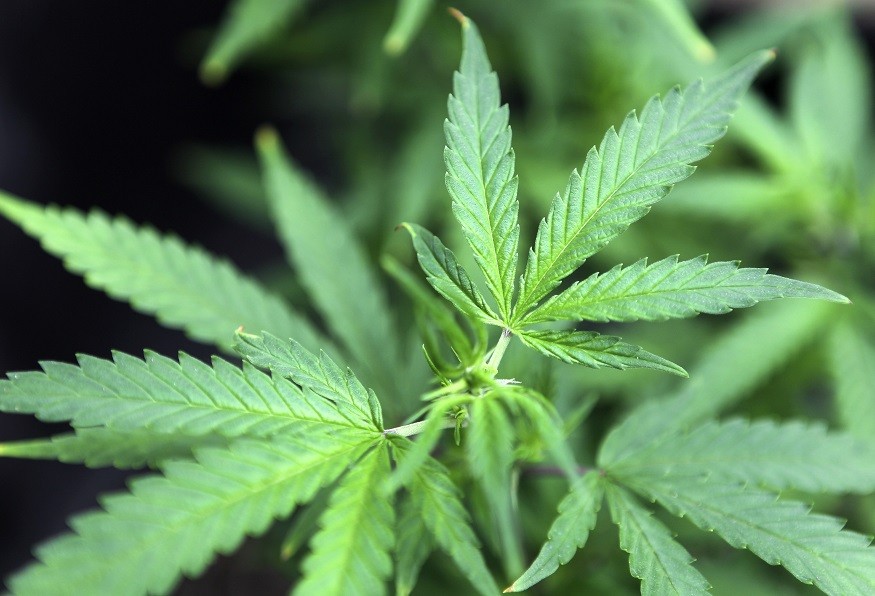
“Cannabinoids are a group of terpenophenolic compounds structurally similar to delta-9-tetrahydrocannabinol (THC) from the plant Cannabis sativa.
Cannabinoids have emerged as powerful drug candidates for the treatment of inflammatory and autoimmune diseases due to their immunosuppressive properties.
Significant clinical and experimental data on the use of cannabinoids as anti-inflammatory agents exist in many autoimmune disease settings, but virtually no studies have been undertaken on their potential role in transplant rejection. Here we suggest a theoretical role for the use of cannabinoids in preventing allograft rejection.
…manipulation of endocannabinoids in vivo by activating their biosynthesis and inhibiting cellular uptake and metabolism may offer another pathway to regulate immune response during allograft rejection.
…cannabinoids have emerged as novel anti-inflammatory agents because of their efficacy in the treatment of many immune-mediated disorders such as multiple sclerosis, rheumatoid arthritis and autoimmune hepatitis.
Transplantation is one critical area of medicine that requires the use of immunosuppressants.
Inasmuch as, immune cells constitute an important resource of endocannabinoids, it may be easier to manipulate their levels during an immune response, which could have a direct and immediate impact on such cells that determine the fate of the allograft.
In summary, targeting cannabinoid receptors and understanding the role and use of exo-and endocannabinoids in experimental allograft rejection models may provide an exciting new beginning with significant translational impact.”
http://www.ncbi.nlm.nih.gov/pmc/articles/PMC2923447/






